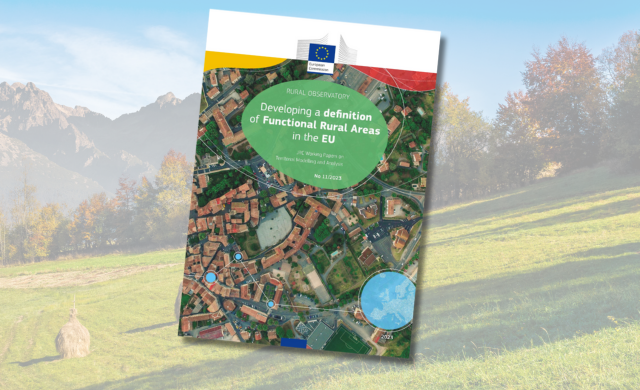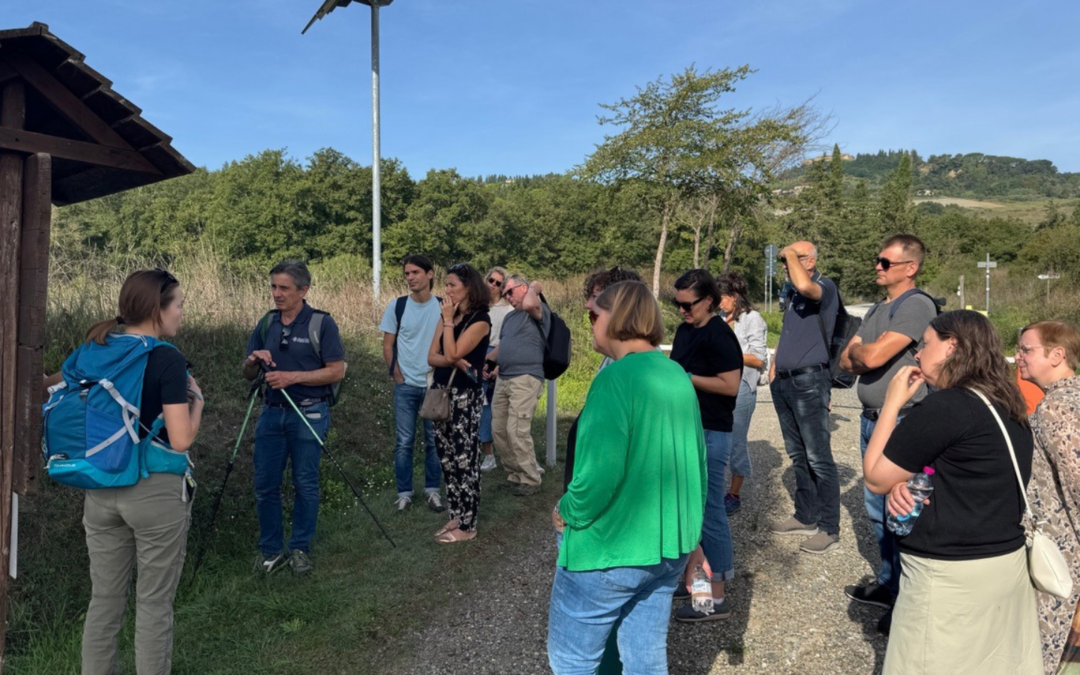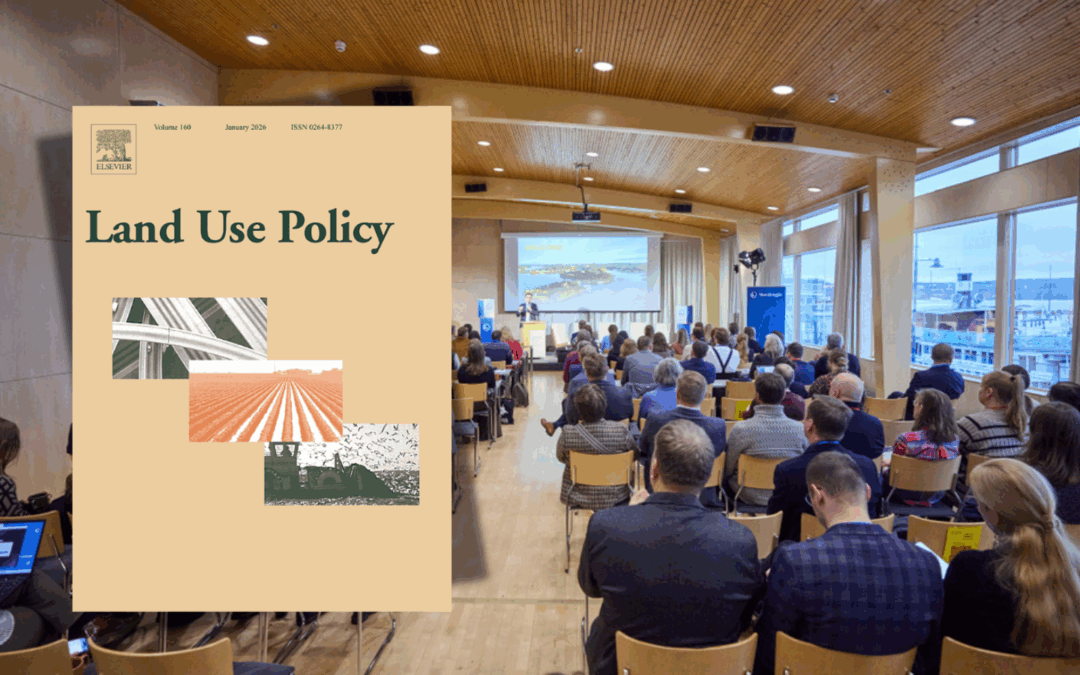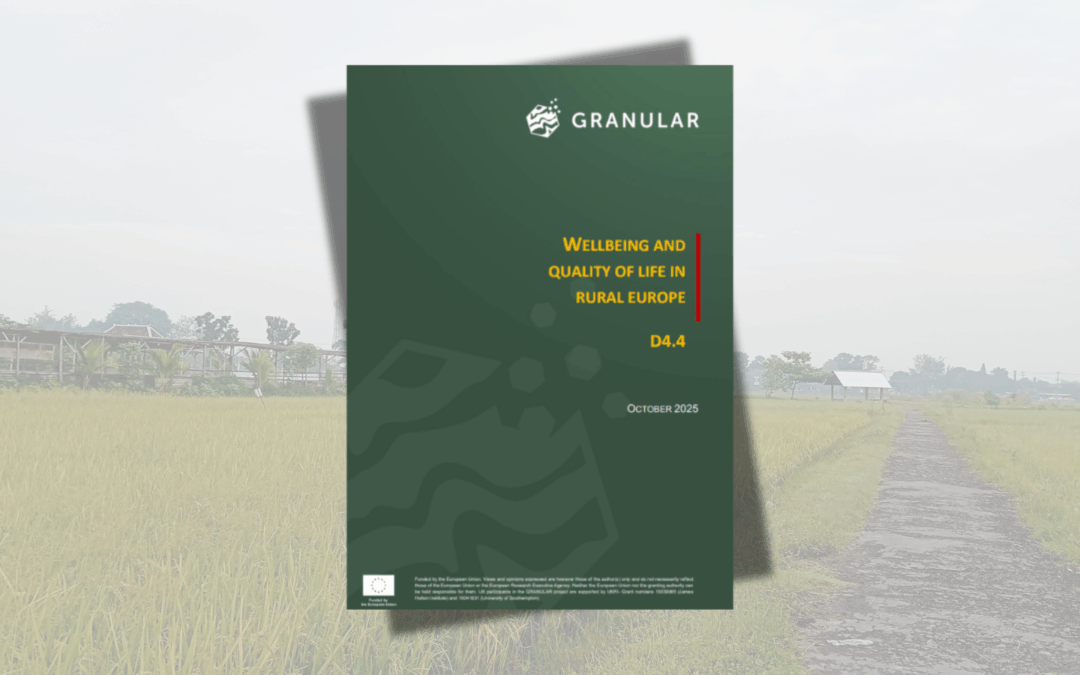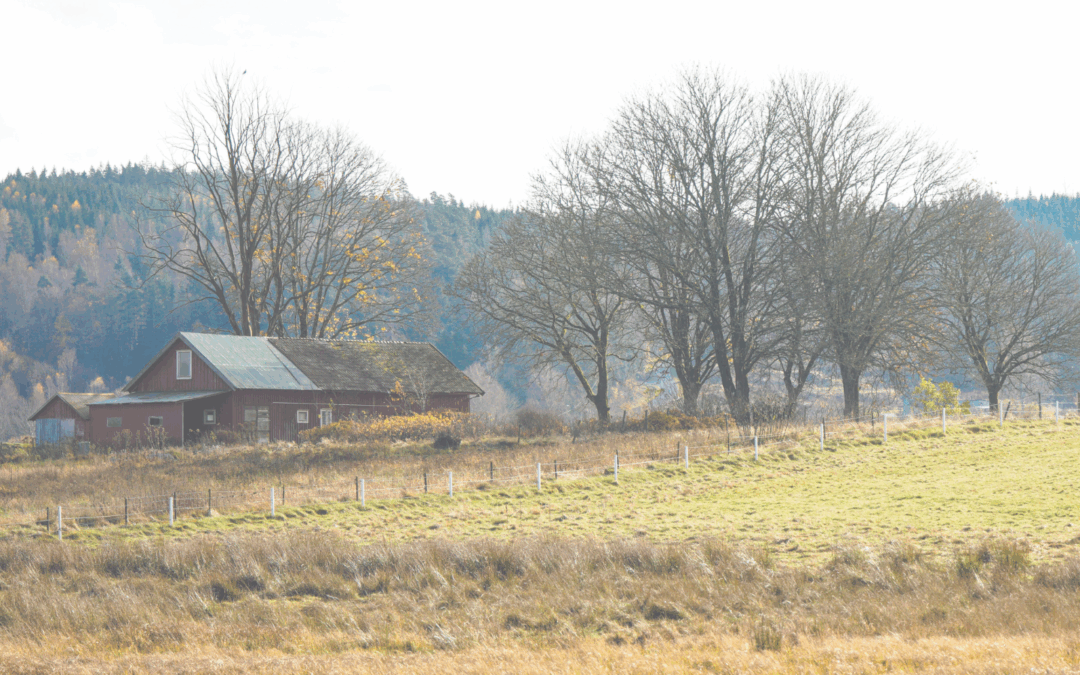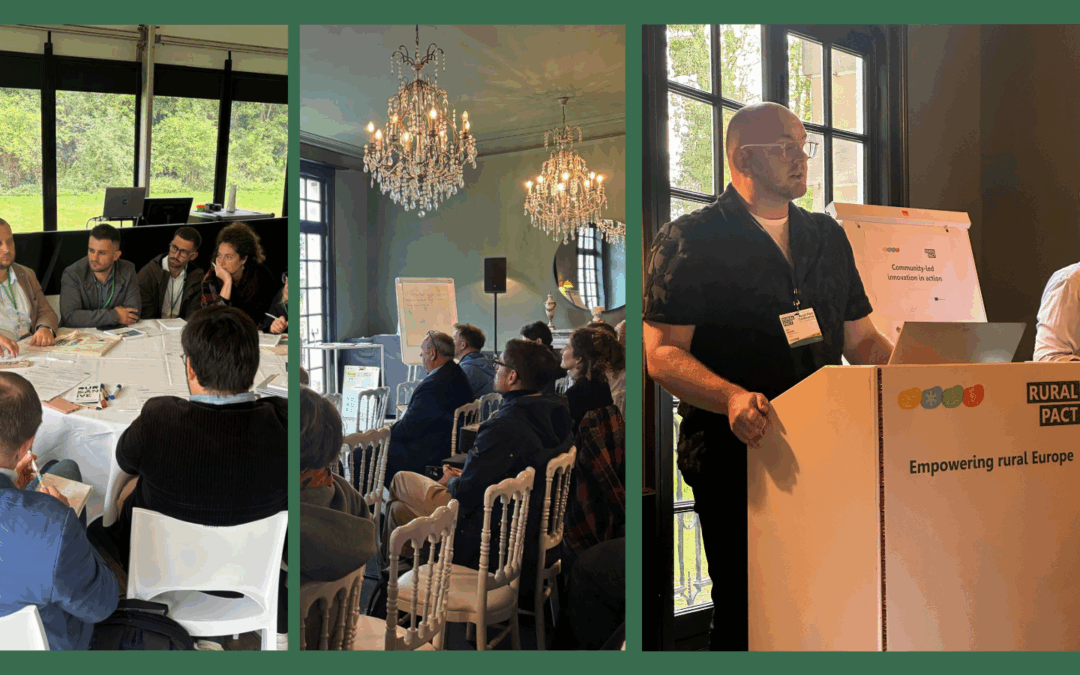A recent publication from the Joint Research Centre suggests a methodology to define Functional Rural Areas in the EU, and currently seek for feedbacks.
An approach based on functionality
Shifting towards a functional approach is not new in the European Union. It was 2011 when the European Commission and the OECD firstly developed a definition of Functional Urban Areas (FUA). This definition, later included in the Eurostat regulation, helped to capture single labour and housing market, moving beyond fragmentation of local administrative units. Functional Urban Areas account for 21% of the EU territory and 62% of its population. Yet, they miss an important part of the EU territory and communities. Functional Rural Areas are intended to address this vacuum.
Functional Rural Areas in the EU
The concept of Functional Rural Areas is intended to provide a common, EU-wide functional definition of rural areas, allowing for carrying out effective rural policies and comparing issues across different rural areas of Europe.
The overarching goal is to inform rural policies, promoting access to services and responding to demographic change. Additionally, Functional Rural Areas can also be used to inform transport infrastructure investments and public transport provision.
In its paper, the Joint Research Centre proposes a methodology to identify Functional Rural Areas along a four-step approach:
- Selecting rural centres
- Creating a catchment area around each rural centre
- Combine small and nearby catchment areas
- Assign municipalities to a Functional Rural Areas
Why is that relevant to GRANULAR?
Over the next three years, GRANULAR will further develop its conceptual analytical framework to investigate rural diversity and produce tailor-made policy recommendations based on novel data, methods and tools.
Functional Rural Areas can contribute to understand rural areas moving beyond current typologies and administrative units, a large part of which have been identified in our Scoping Report on EU Rural Typologies. It also offers new possibilities in view for the post-2027 EU policies.
The added value of Functional Rural Areas, rural typologies and a new understanding of rural areas based on functionalities will be discussed in GRANULAR’s webinar ‘One, None or Thousands Ruralities: A New Vision Based on Functionalities’.
